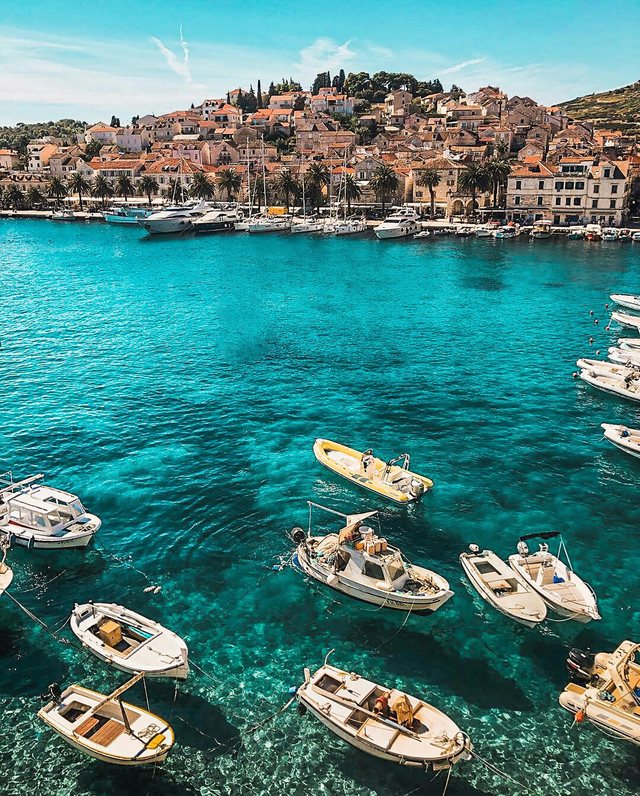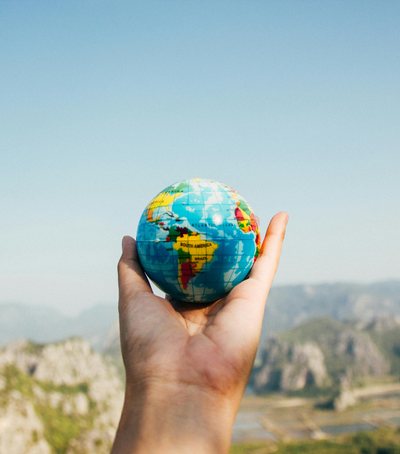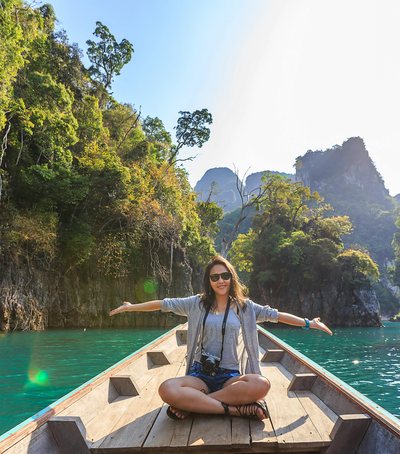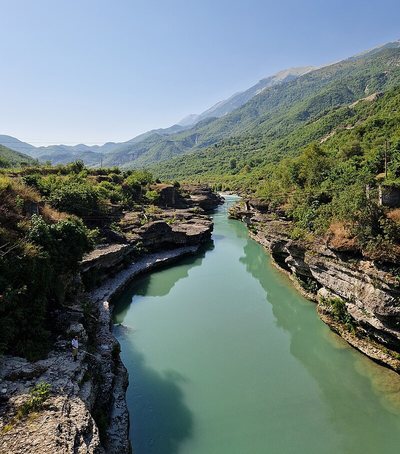
When the road becomes a mirror
We often travel to see the world, but we are actually discovering ourselves. Travel is not just about moving through space – it is a change in consciousness. Every new place, every scent, every encounter with another culture reveals hidden parts of ourselves. It shows us who we are, but also who we can become.
In this sense, travel is the deepest form of active introspection – a silent dialogue between man and the world.
Mind-expanding paths
Philosophers since antiquity—from Socrates to Montaigne to Nietzsche—have seen travel as a learning experience for the soul. When we stray from the familiar, the brain activates curiosity, flexibility, and acceptance of change.
A good trip is a school of tolerance: you learn to live with uncertainty, to accept difference, to see beauty in chaos.
Unconsciously, the person who travels changes the structure of his thought – from “I know” to “I want to understand”.
Emotional expansion
Travel awakens emotions that everyday life keeps dormant. A new place, an unfamiliar language, or a sight you've never seen before activates the limbic brain, the part associated with the sense of wonder.
When we experience something for the first time, the brain produces dopamine and oxytocin – the hormones of joy and bonding, creating a feeling of gratitude and aliveness.
Thus, travel is not just a vacation, but an emotional revitalization, a beautiful reminder of how vast life is outside our usual circle.
Philosophy of the road
On the journey, one learns the value of transience. Nothing is permanent: neither the hotel, nor the view, nor the fellow traveler. This transience teaches one to live in the now, not to cling to the security of illusion, but to enjoy the passage.
The true traveler understands that the world is not to be possessed, but to be experienced. He seeks not a destination, but an experience; not a certificate, but a feeling.
Meetings that change us
On every journey, we encounter people who remain in our memories – sometimes for an hour, sometimes forever. They are mirrors of ourselves in new contexts. A conversation with a stranger can open our minds more than a year of reflection.
These encounters remind us that humanity is one, but expresses itself in millions of ways. Every face, language, and custom is a lesson in tolerance, in acceptance of the other – and, ultimately, in acceptance of ourselves.
The never-ending inner journey
After every journey, we physically return to the same place, but no longer as the same person. New experiences open up inner paths that no longer close.
And maybe that's why many travelers say that the real journey begins when you return – because only then do you realize what has changed inside you.
Travel is a philosophy of movement, the most human way to understand the world through oneself and oneself through the world. It teaches us to feel more, to observe more deeply, and to live more fully present.
In the end, every road, no matter how long, ends in the same place: inside us.
Because the furthest place we can visit is ourselves.
Photo by Vincent Rivaud: https://www.pexels.com/photo/white-boats-on-body-of-water-2265876/





